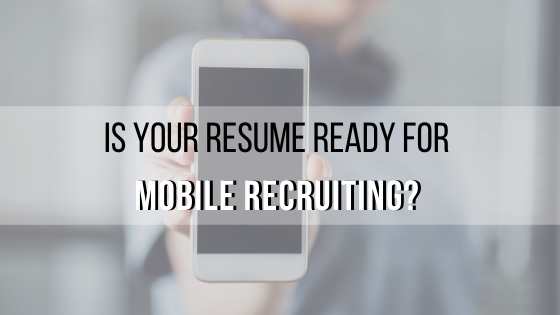
Asking for a salary increase properly is an art and a science. There are many tactics to do to receive the above-average pay raise that you want. However, during my time as a recruiter and a manager, I have seen many things that an employee should absolutely not do when asking for a pay raise.
Here are 6 Things not to do when asking for a pay raise
Cite that you work hard with no achievements list
Don’t expect your boss or executive management to keep tabs on what you have done for them. Working hard allows you to keep your job and come back the next day—not get a raise. The results and achievements you accomplish could put you in a position to get a raise. Brag about what you do and let them see your value.
Expect a raise because you deserve it
Don’t demonstrate your entitlement due to tenure versus achievement. No one will give you a raise, just because you think you deserve one since you have been there a long time. It is like the song says, “What have you done for me lately?”
Be unprepared with no data
Before you ask for a raise, show that you have researched salary sites and have done some investigation to see if you are paid below, at or above market value for your expertise and skills. If you expect your employer to do the research to give you what you deserve, you might as well stay home and not ask.
Create a case for fairness
Don’t demand a raise since you heard others received one or is making more than you. In fact, that is often what can put you on the “Don’t give him a raise” list. I tell my kids, life isn’t fair…what side do you want to be on? And then do all of the right things to be on that side to get the raise you want.
Ask with your tail between your legs.
Nothing is more unattractive than a lack of confidence. Employers want to know they are giving their money to the ‘A’ players within the organization. If you start off your request with, “I was hoping to chat with you about something when you are not too busy…,” I say pack up and go home. Make an appointment with your manager outlining what you would like to discuss and be confident and prepared. This is a business discussion like all others…so treat it as such.
Outline how you need the raise
To me, this is the kiss of death!
No one cares that your daughter needs braces, or your son is going to college or that your spouse lost his/her job. Everyone is experiencing a higher cost of living—including your employer. Your employer is not entitled to give you the funds you need for your budget shortfalls. However, if you prove your worth and continually achieve, you may receive a raise that recognizes your merits that your employer would be happy to give to you.
Threaten to quit
Even if you are ready to leave that minute, this is never an effective tactic.
Whatever time you buy or raise you receive will be temporary while your employer looks for your replacement. No one wants to be held hostage.
Written by Lisa Rangel - Chameleon Resumes








.png?width=690&name=Job%20Search%20Adivce%20(1).png)


 A successful business hinges on hiring employees who offer the highest potential to get the job done the way you want it done. For a sales position, this means finding people who demonstrate a knack for generating sales. Separating good salespeople from mediocre ones is easy to do when you use a sales assessment test.
A successful business hinges on hiring employees who offer the highest potential to get the job done the way you want it done. For a sales position, this means finding people who demonstrate a knack for generating sales. Separating good salespeople from mediocre ones is easy to do when you use a sales assessment test.

